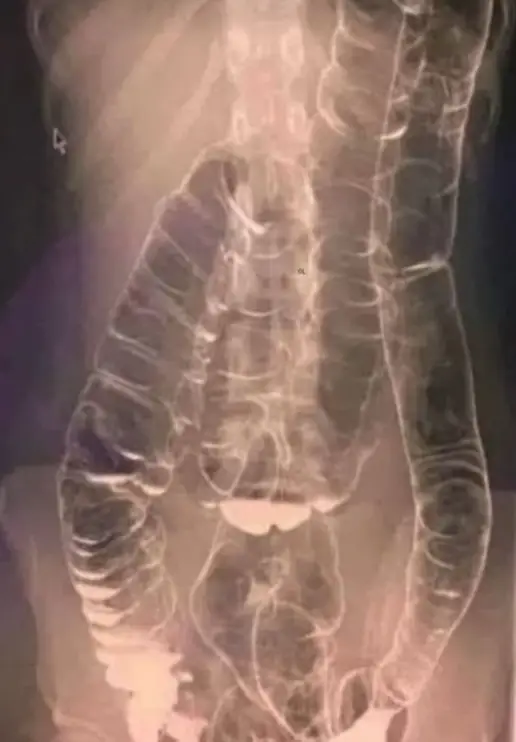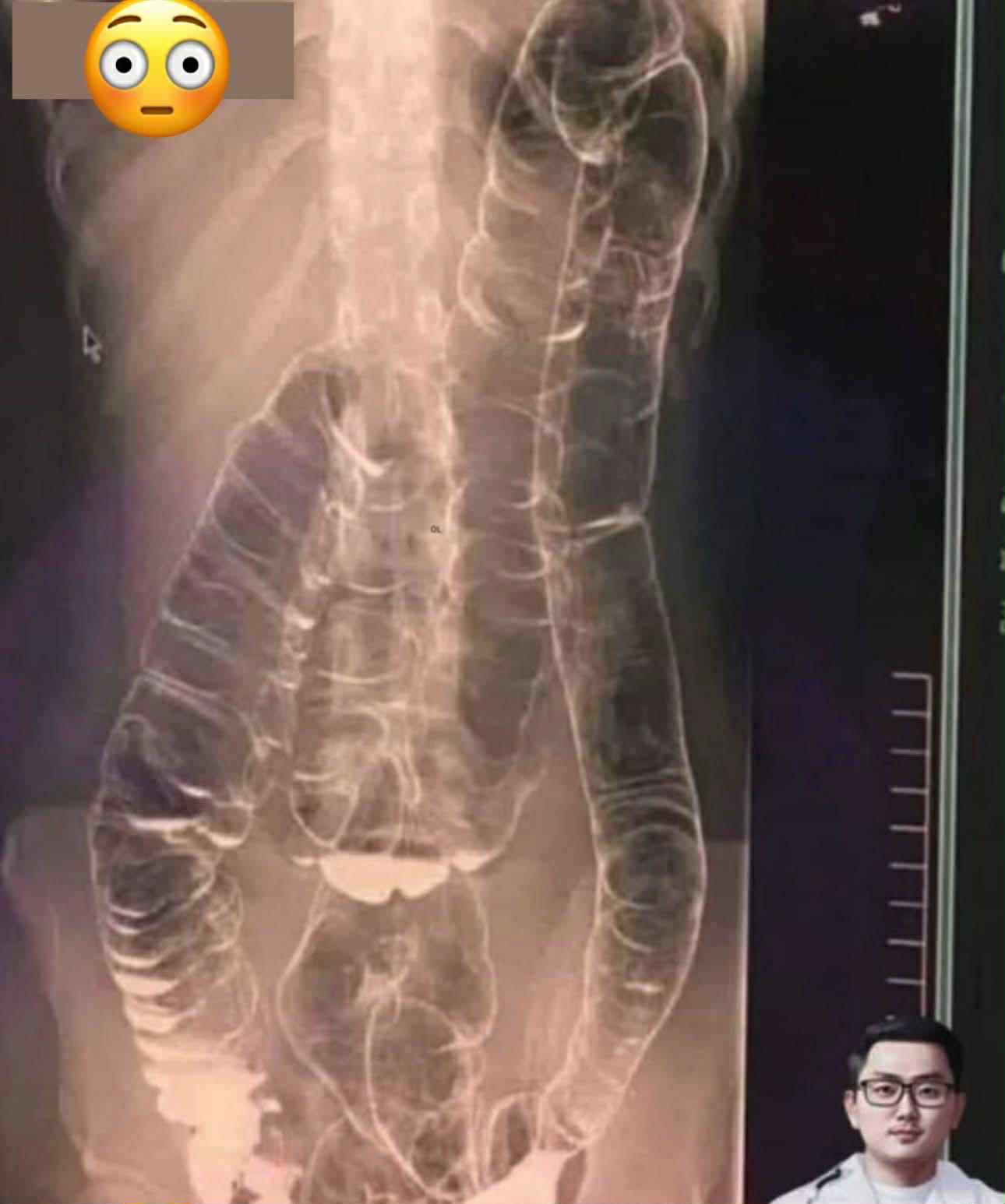Chronic constipation can have serious negative health effects if ignored. What may begin as an occasional inconvenience—like feeling bloated after a heavy meal or noticing that you haven’t had a bowel movement for a couple of days—can gradually turn into a persistent condition that affects not only your digestive health but also your overall quality of life. Many people dismiss constipation as something minor, but when it becomes chronic, the body can start to show alarming signs that should never be overlooked.
Our digestive system breaks down the food we consume, allowing the body to absorb essential nutrients that fuel everything from brain function to energy levels. During this intricate process, the body separates what it needs from what it doesn’t. The unused food particles, along with waste products, are formed into stool, which is then eliminated during a bowel movement. This natural rhythm of digestion and elimination is essential for maintaining balance. When it works properly, we rarely think about it. But when the process slows down or gets disrupted, discomfort sets in quickly, and it becomes impossible to ignore.
However, when a person experiences issues with the digestive system, one of the most common problems that arises is constipation. This condition can bring about abdominal pain, straining during bowel movements, and a constant feeling of fullness or bloating. For some, it feels like carrying around a heavy weight in the stomach that never goes away. Even sitting or lying down can become uncomfortable. Beyond the physical pain, constipation often impacts mental well-being, leading to irritability, anxiety, and difficulty concentrating. After all, it’s hard to focus on daily tasks when your body is signaling that something is wrong.

The constipation can also be a result of changes in our diet. A sudden drop in fiber intake, excessive consumption of processed foods, or even skipping meals regularly can contribute to slower digestion. For example, traveling to another country, adopting a new diet trend, or relying heavily on fast food because of a busy lifestyle can throw the digestive system off balance. Even small shifts—like drinking less water than usual or reducing physical activity—can trigger constipation. The body thrives on routine, and when its needs aren’t met, digestion is often the first area to suffer.
The truth is that every person experiences constipation at some point in their life, whether after a holiday meal heavy in meats and sweets or during stressful times when eating habits change. However, when it becomes chronic—lasting for weeks, months, or longer—the consequences can be far more serious. Chronic constipation is not simply about being uncomfortable; it can set off a chain of health problems that ripple throughout the body, affecting organs, energy levels, and even immunity.
A startling X-ray photo of a woman who experienced two weeks of constipation shocked doctors. What they saw was both rare and deeply concerning. Unable to accommodate the excessive buildup of waste, her colon had enlarged significantly, stretching in size until it reached upwards toward the chest and came alarmingly close to the heart. The human body is resilient, but it was never designed to hold that much waste for such a long time. For the doctors, the image was a sobering reminder of just how dangerous untreated constipation can become.
Unable to maintain its structure under so much strain, the chronic constipation led to the colon’s folds—tiny ridges that are vital for moving waste along and ensuring proper absorption of water—to flatten and disappear. Without those folds, the colon loses much of its efficiency, and the entire digestive process becomes compromised. This deterioration is not just uncomfortable; it is life-threatening. If left untreated, such a condition can easily lead to fatalities.
In case of chronic constipation, several harmful things happen inside the body. The colon may lose its natural elasticity, weakening its capacity to compress and push feces forward when forced to extend far beyond its normal limit. This is not just a matter of sluggish bowels—it’s a sign of a system under immense strain. Further, the toxins that are meant to be expelled can seep back into the bloodstream. This process, sometimes referred to as “auto-intoxication,” spreads waste byproducts throughout the body, leading to reduced immunity, constant bloating, foul breath, acne breakouts, and even chronic fatigue. People often feel tired all the time, not realizing that the root cause is their compromised digestive system.
Also, a person faces the risks of hemorrhoids—painful, enlarged veins in the rectum that make every bowel movement agonizing—and anal fissures, which are tiny but excruciating tears in the anus. These complications don’t just cause physical pain; they can also create a cycle of fear around going to the bathroom, making constipation even worse. The longer stool remains in the colon, the harder and drier it becomes, which in turn makes elimination even more painful.
Bowel blockage, one of the most serious complications of chronic constipation, may also occur. This happens when stool hardens to the point that it completely obstructs the intestines, leaving no room for waste to pass. The results can be catastrophic: severe infections, tissue death, and overwhelming abdominal pain. If it reaches this stage, surgery is often the only solution to remove the blockage and prevent life-threatening consequences. It is a reminder of how quickly a seemingly simple issue like constipation can escalate into a medical emergency.
Sadly, chronic constipation also increases the risks of colon cancer. Prolonged exposure of the colon lining to toxins and waste materials creates an environment that may encourage the growth of abnormal cells. While not every case of constipation leads to cancer, the connection is strong enough that doctors consistently emphasize the importance of addressing chronic constipation early. Taking action isn’t just about relief; it can be about saving your life.
Some of the ways to prevent constipation from happening involve lifestyle changes that are simple yet powerful. A balanced diet rich in fiber—from fruits, vegetables, whole grains, legumes, and seeds—helps stool remain soft and easier to pass. Drinking plenty of water keeps the digestive tract hydrated, reducing the chances of hard, compacted stools. Exercise, even something as light as daily walks, stimulates bowel activity and encourages regular movements. Developing a consistent bathroom routine, like setting aside unhurried time each morning, also trains the body to eliminate waste more effectively. These habits may seem small, but they build a foundation for long-term digestive health.
*Disclaimer: This information is for informational purposes only and not a substitute for professional medical advice, diagnosis, or treatment. Always consult your physician or healthcare provider with any questions about your health or medications. Do not disregard professional advice based on this information.
Please SHARE this article with your family and friends on Facebook.








